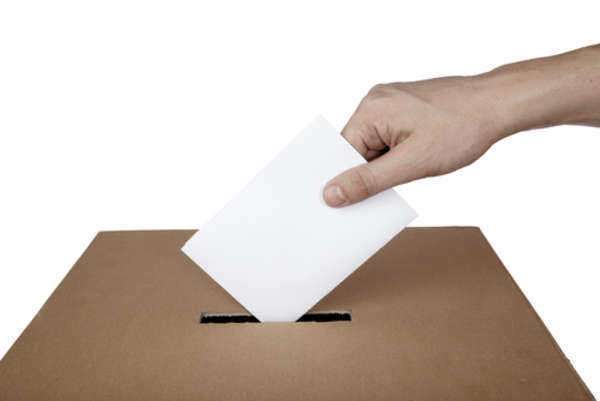Understanding Election and Qualifications
Elections are the cornerstone of any democratic society. It is through elections that the citizens of a nation choose who will govern them and make the decisions that shape their lives. Understanding elections and qualifications is crucial to ensuring that every eligible citizen has the opportunity to participate in this vital process.
Qualifications for Elections
In most democratic countries, certain qualifications must be met to become a candidate for an elected office. The qualifications may include age, residency, citizenship, and various other requirements. These are often designed to ensure that only individuals who are invested in and committed to the well-being of the country are eligible to run for and hold public office.
In the United States, for example, the qualifications for running for president include being a natural-born citizen, at least 35 years old, and having been a resident of the United States for at least 14 years. These qualifications help to ensure that only those who have a deep understanding of the country's history, culture, and values are eligible to run for the presidency.

Elections
Elections are the process through which citizens choose their representatives. In most democratic countries, the elections are held periodically, with citizens casting their votes to decide who will represent them in various positions of power.
The most common types of elections are general elections, which are held at regular intervals to decide on who will hold various public offices. These elections usually occur every few years, depending on the country and the specific office being contested. In some countries, there are also primary elections, where political parties choose their candidates to run in the general election.
Voters in democracies around the world are typically eligible to participate in elections once they have met certain qualifications. These qualifications usually include age, citizenship, and sometimes residency within a specific location.
Conclusion
Understanding elections and qualifications is essential for ensuring that citizens have a role in their country's governance and decision-making processes. By participating in elections, citizens can have a say in who represents them and can help shape their country's future. Qualifications are necessary to ensure that only those who are invested in and committed to the well-being of the country are allowed to hold public office. Ultimately, elections are the cornerstone of democracy, and everyone who is eligible should take part in them to uphold this fundamental democratic principle.
The House of Representatives is the lower house of the United States Congress. To be eligible for the House of Representatives, the individual must be at least twenty-five years of age, a citizen of the United States for at least seven years, and a resident of the State they intend to represent at the time of the election.
However, it is not required under the Constitution that the member lives within their district. In comparison to the requirements for eligibility of a senator, the age and citizenship standards or requirements are lower for representatives. The reasoning behind this is a result of the Framers of the Constitution (See Also: Constitutional Convention).
The Fourteenth Amendment does provide for a disqualification clause, stating that any individual that has sworn the oath to remain loyal and to support the Constitution of the United States and has been found guilty of aiding enemies of the State or in rebellious acts against the country will be deemed disqualified from becoming a Representative.
However, it is possible to overrule this statute if Congress can provide for its consent to deem an an individual eligible for election through a two-thirds vote from both Houses. Elections for candidates to the House of Representatives occur in every even-numbered year on Election Day. Election Day is typically held in the beginning days of the month of November. The candidates are elected from single-member districts by way of a single-winner voting system. Candidates are typically nominated through primary elections, which are normally held in spring through late summer.
The Republican and Democratic parties will typically choose their respective candidates through a unanimous vote, which are also held in spring or early summer. Those belonging to independent or third parties will have access to the ballot, but this is contingent on previous elections and also varies from State to State. Each candidate, once elected, will serve for two years in Congress. The Resident Commissioner will serve for a total of four years. Members also can be subject to being expelled from the House of Representatives following a majority two-thirds vote.